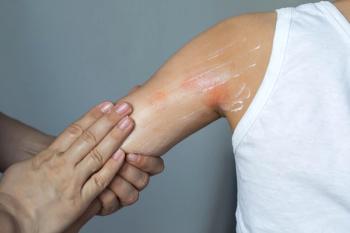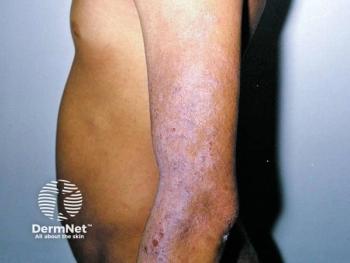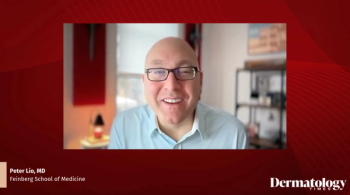
Compound in some sexual lubricants kills HPV in vitro
Bethesda, Md. - A compound already used in many sexual lubricants may prevent infection with strains of human papillomavirus (HPV) that can cause genital warts and vaginal, cervical and anal cancers.
The compound is carrageenan, an extract from red seaweed that has a wide variety of uses, from a thickener in soups and ice cream to the gel in those lubricants.
National Cancer Institute researcher John T. Schiller, Ph.D., says investigators made the discovery while screening a large number of compounds in tissue cells for their effect on HPV. He said he was not surprised, because carrageenan has a similar effect on HIV. A large clinical trial of a topical microbicide containing carrageenan is under way in Africa to see if the substance effectively blocks the sexual transmission of HIV.
But, he cautions, "Even though it works overwhelmingly in tissue culture, we won't know for sure that it will work with people until we do the clinical trials. We don't want people to rush to judgment and go out and start using these products thinking they are going to be protected against HPV infection."
That caveat aside, Dr. Schiller did feel confident enough to list the products that researchers tested in the journal article describing their research. Among those that did not prevent HPV infection were K-Y Jelly, ForPlay Gel Plus and Surgilube, which is commonly found in doctors' offices and operating rooms. The potent blockers of HPV infection included Bioglide, Bioglide Anal, Divine No. 8 and Divine No. 9.
"We went back and forth about whether to name the products or not; we even talked with the NIH lawyers about what our liability would be. We decided that we should name the products that were used, in part because, if you do a Google search of sexual lubricants, the first that comes up is one that doesn't work," he says.
Dr. Schiller is referring to products that contain nonoxynol-9 (N-9), a contraceptive compound that killed HIV in the test tube but ended up eroding epithelium in the vagina and rectum, making users more vulnerable to infection with HIV.
Dr. Schiller hopes that others will conduct clinical trials to determine whether carrageenan blocks HPV in humans. He is optimistic that it does, and sees a carrageenan-containing sexual lubricant as an adjunct to vaccine to prevent HPV infection.
For more information:
"Carrageenan is a potent inhibitor of papillomavirus infection" is available online at the open-access journal PLoS Pathogens at: http://
Newsletter
Like what you’re reading? Subscribe to Dermatology Times for weekly updates on therapies, innovations, and real-world practice tips.












